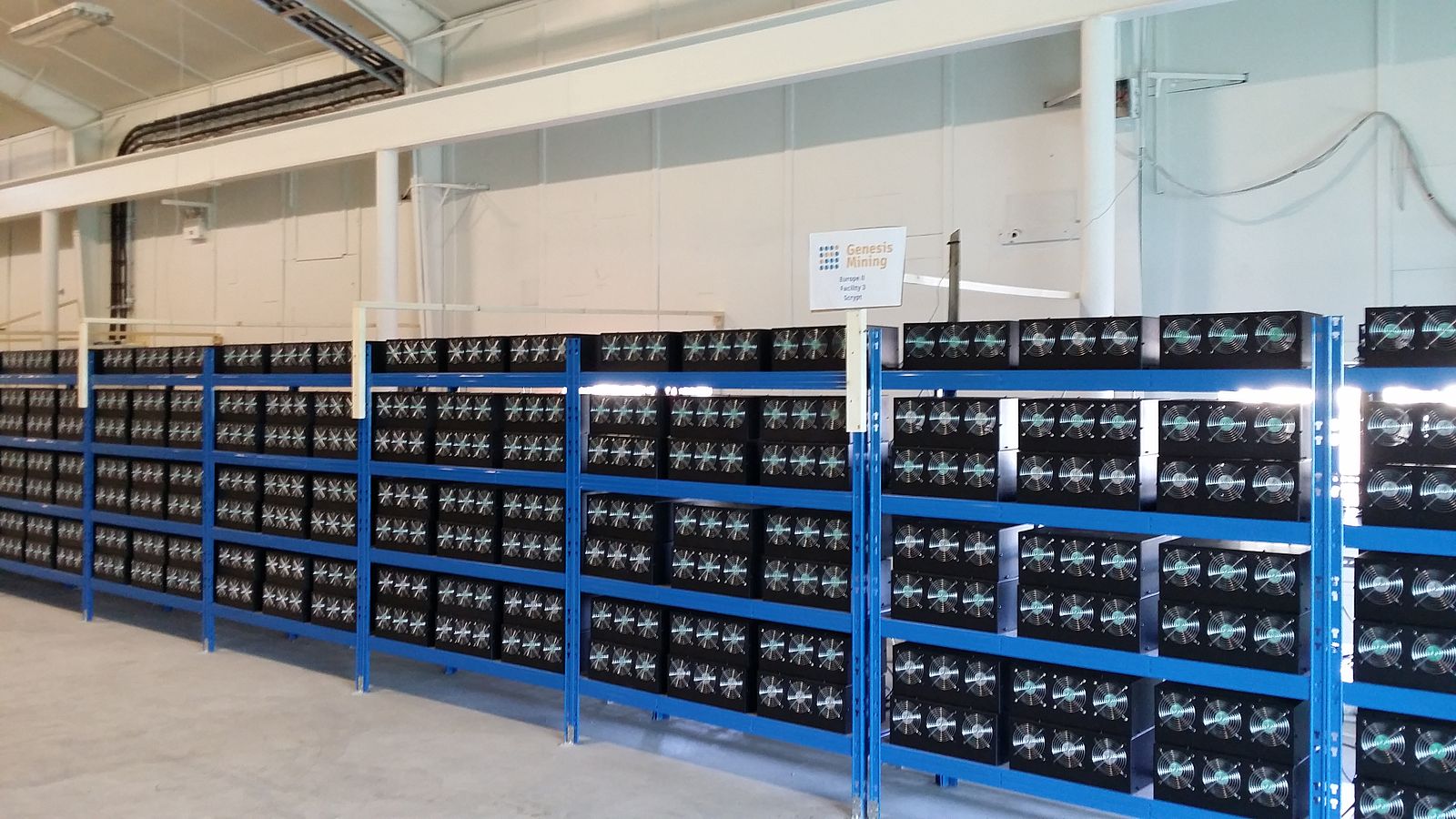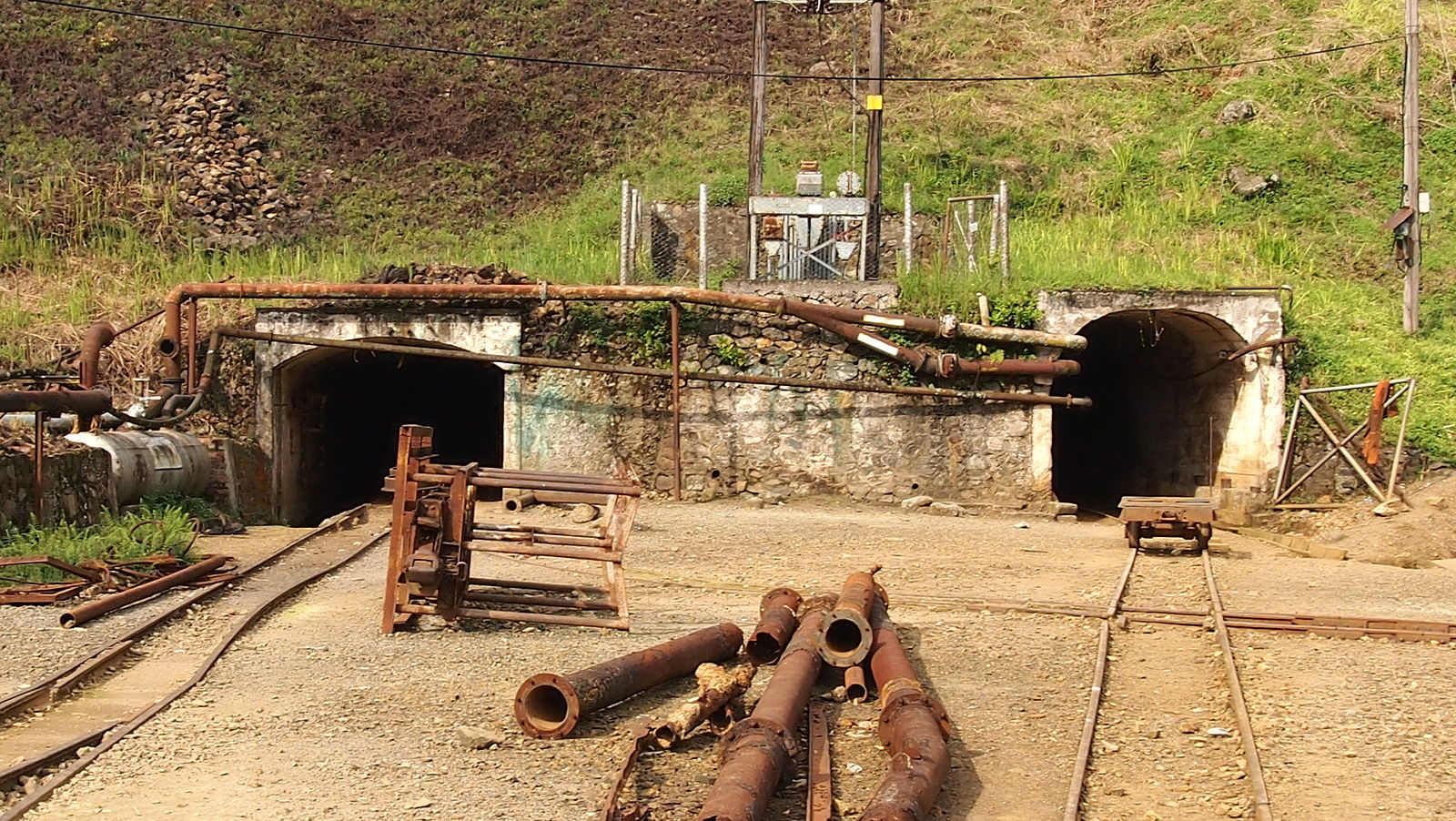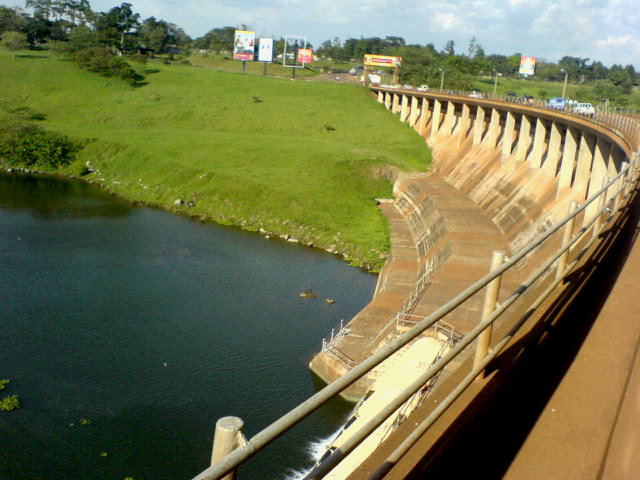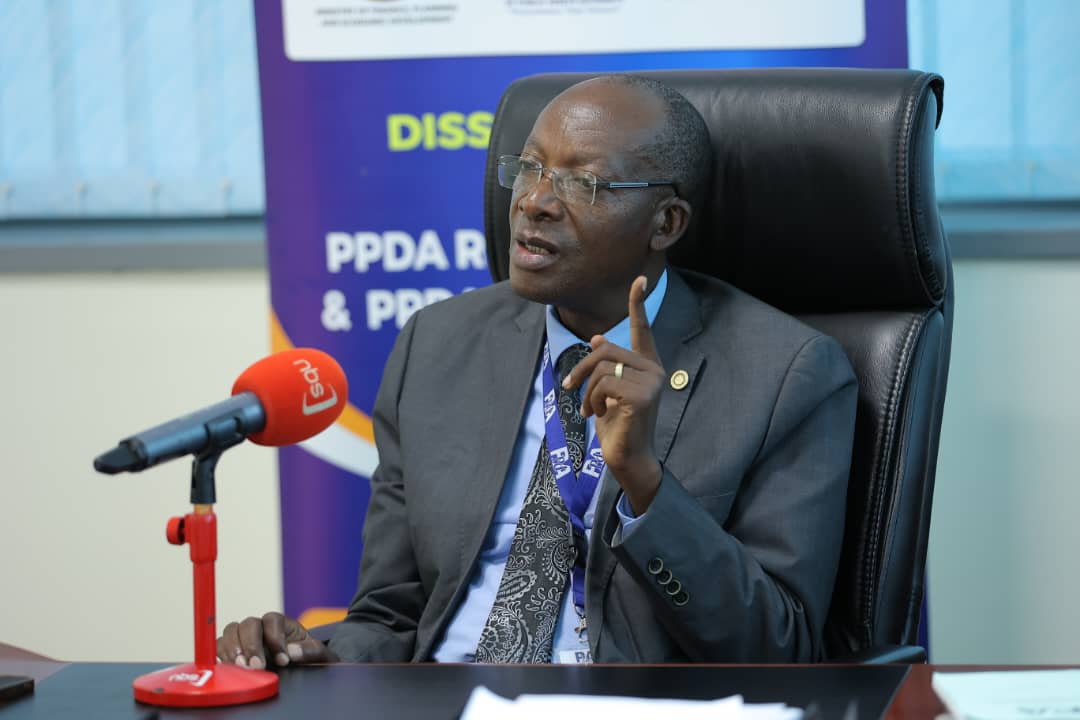OPINION: A case for comparative advantage in driving economic growth
In developmental economics, the concept of comparative advantage cannot be under-estimated. As global economies struggle to rally to recover amidst the devastating effects of the COVID-19 pandemic impact, the issue of comparative advantage becomes even more critical.
Recovery and efforts to pick up from where a particular economy could begin rallying after the pandemic will depend largely on what areas that economy had an edge over the rest even before the pandemic. In case of Uganda, there is an urgent need for us to appreciate and leverage on those areas where the country posses a competitive advantage if our economic recovery is to be quickened. There is a need to quickly identify and spell out the areas where we do posses a competitive advantage in the earnest and appropriate strategic positioning of the country be done in order to reap what accrues from those advantages.
Keep Reading
Such strategic thinking need not stop or be seen as a function of only the central government. The cities that have been created are economies in themselves and also need to be working on identifying and leveraging on the competitive advantages that may exist for the respective cities in order to cause economic growth for the people of those cities.
 An electric car
An electric car
In this discourse about the critical importance of the concept of comparative advantage, I wish to bring out the example of China a country that has been known to host the largest global deposits of Graphite, a component needed in the production of Lithium-ion batteries for the electric cars. Another critical raw material in the electric car batteries production is Cobalt a mineral that is largely found in the Democratic Republic of Congo. In fact, it is reported that although the DRC currently holds over 60% of the world’s total deposits of Cobalt, China who has over 80% mining rights over the Cobalt in the DRC, is the world’s producer the Lithium-ion batteries through its company called China Contemporary Amprex Technology Co (CATL).
Now as the global appetite to shift from the use of fossil fuels in running vehicles increases due to the growing concerns of climate change and global warming, the demand for electric cars is surging and so is the demand for electric batteries. It is predicated that by the year 2030, there will be approximately between 200 – 500 million electric cars on the roads. The implication of this is that even if China is among the economies that have been impacted adversely by the COVID-19 pandemic, it is for sure going to endure and make a surging bounce back much faster than others due to its current position as the world's producer of the globally needed electric batteries. This continues to be so due to the comparative advantage that China possess in this industry. It has one of the largest deposits of the requisite raw materials, it has access to the world’s largest and cheap deposits in the DRC of Cobalt and above all it has developed the technology and know-how of adding value to the said minerals in order to produce world competitive Lithium-ion batteries for the global market.
 A Cryptocurrency mining farm
A Cryptocurrency mining farm
Now, this brings us to reflect on a developing interesting story that is being reported in the international media of an emerging intriguing financial industry of Bitcoins. It is being reported of what is happening to a previously abandoned desolate city in the mid-southern state of the wild west of Texas in the US. The city of Rockdale used to host one of the world's largest Aluminum factories over many decades. In order to supply sufficient electricity to the aluminum smelting plant, a large power plant was built in close proximity of the aluminum factory.
However, due to the emergency of China over years as a challenging global producer of cheaper aluminum, the Rockdale Aluminum plant kept on slowing down in its production until finally it had to be completely shut down in 2018.
In the immediate aftermath of the closure, Rockdale suffered loss in every sense. Its rather small population of only 5,600 people whose livelihoods largely depended on the plant started dwindling as many of them moved out of the city.
However, being host to the humongous electricity capacity left behind that was laying idle has eventually attracted caused the resuscitation of Rockdale from slumber.

From the beginning of 2020, a number of ambitious crypto prospectors have been flocking into Rockdale. The availability of cheap electricity has become a magnet to many crypto businesses. Currently, Rockdale is rated as a place with the world's most mined Crypto Bitcoins. Many prominent Bitcoin miners from as far as China have relocated to Rockdale and thus this previously abandoned and slumbering humid city of Texas has gained global notoriety in the Crypto industry thanks to its comparative advantage it had of the abundance of cheap electricity.
So, the story of Rockdale City should indeed sound an awakening bell to us in Uganda. It is still a big question as to why our large piles of already mined Cobalt Tails in Kasese are still lying idle and being left to be swept away by the over flooding River Namwamba each time it rains?
It has been known all along within the Ministry of Minerals and Natural Resources and in the cycles of the fraternity of Mineral Traders in this country that Cobalt is a valuable component in the manufacturing of Semi Conductor Chips which are currently the critical components that drive all sorts of technology such as computers, smart cars, smart military armor and all other related technological innovations that use Artificial Intelligence (AI). China has to come all the way from Asia to DRC in Africa to mine and transport the Cobalt back to China, but still be able to make impactful and profitable value addition to it, yet here in Kasese, we have our already mined Cobalt that is simply wasting away. Let us hope that one of these days, the procrastination and sometimes the unserious approach to the exploitation and leveraging of our resources will cease and real work starts.

Likewise, the leaderships of our newly created cities such as Jinja, Mbarara, Gulu, Fort Portal, Lira and Mbale, should start strategically positioning their cities in accordance with the comparative advantage that a particular city possess and that advantage must be leveraged on in order to bring prosperity for the dwellers of that city. Where a particular city feels that there is no existence of such comparative advantage, still the onus is on the leaders of that city to endeavor and creates one. It must be noted that Comparative advantages can be both as a result of natural endowment and geographical location, but it can also be as a result of human innovative and creative endeavors.
A case in point here is the Jinja City with the 4 Power Generation Stations attributed to it and on the River Nile; (Kiira, Nalubaale, Bujjagali and Isimba) all in close proximity to Jinja City should have actually been the city’s base for its comparative advantage in providing both the investors and the city dwellers preferential power tariffs.

If this had been done as a government deliberate policy towards the revival of Jinja city, certainly there would be few or even fading outcries from the people of Jinja and Busoga at large about the current plight of Jinja City. It is undisputable fact that Jinja was the industrial hub of Uganda and a second productive centre in East Africa after Nairobi in Kenya. Jinja was for decades the second busiest town in Uganda preceded by Kampala.
However, today, everyone knows that Jinja is currently a shadow of herself. Everything that can possibly go wrong seems to have gone wrong including the demise of her manufacturing prowess, key businesses moving out of city while the infrastructure and service delivery continues to be disastrous.
Although, government seems to have continued to resist the call from the leaders of the area for Jinja to be given preferential power tariffs, this continued reluctance will certainly continue to be seen as one that is holding back Jinja’s aspiration for recovery. There is a valid argument that power loyalties preferred by government and being implemented, don’t actually address Jinja’s recovery issues and aspirations. Jinja City should be allowed to leverage on the water endowment that has as the same continues to be harnessed for the developmental growth of the entire country.
By Edward Baliddawa – 29th December 2021













